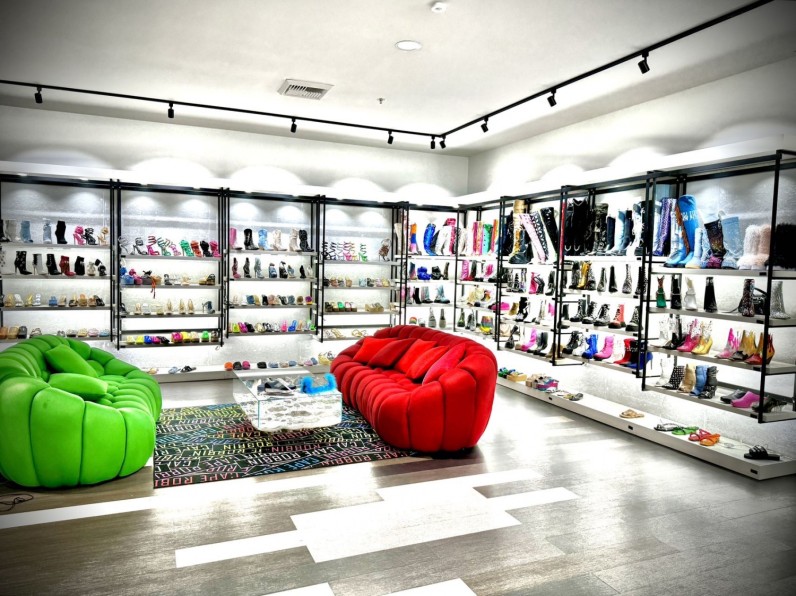
Fashion has a new companion in its journey—Artificial Intelligence (AI).
Computers with smart algorithms lend a helping hand to designers, making the creative process smoother and trendier.
AI has donned the hat of a personal stylist, helping designers sift through mountains of data to spot emerging trends. It helps designers stay ahead of the curve, creating garments that resonate with the ever-changing tastes of the fashion-forward crowd.
Many brands today are using AI to enhance the design process. For example, Cape Robbin is known for using AI-powered creativity to develop bold and outstanding products. Using algorithms to identify customer preferences and trends through social media, the brand offers the most trendy fashion items that resonate with the audience.
Michael Chen, the founder of Cape Robbin, says that AI has been transformative in his experience. It can do wonders if applied correctly, something that is reflected in Cape Robbin's diverse and unique products. As a trendsetter bridging modern tech with styling, Michael further explains how AI can influence creative design.
Designer's Digital Apprentice:
Designers can now use AI-powered tools to generate design ideas, saving time and sparking creativity. These virtual design assistants understand the nuances of color palettes, fabrics, and styles, making suggestions that elevate the design game. Michael says that it's like having a tireless assistant who never runs out of fresh ideas.
Perfect Size Customization:
Size matters in fashion, and AI is tackling it head-on. The frustration of finding the perfect fit might soon be a thing of the past. AI algorithms are mastering the art of customization, analyzing body measurements to create bespoke clothing. This means saying goodbye to the woes of the "one-size-fits-all" approach.
Driving Sustainability:
Michael believes that AI is not just about looks; it's also about sustainability. The fashion industry has often faced criticism for its environmental impact. AI is becoming a sustainability superhero, helping designers make eco-friendly choices. By analyzing data on materials, production processes, and supply chains, AI can guide designers toward more sustainable options, making fashion stylish and responsible.
Enhanced Styling:
Have you ever wished you could take your favorite celebrity's style and make it your own? AI is making that dream a reality with its ability to mimic styles. Designers can use AI to analyze a celebrity's wardrobe, understand their fashion choices, and incorporate those elements into new designs.
Futuristic Fashion Events:
According to Michael, fashion shows are the industry's heartbeat, and AI adds a futuristic flair to these events. Virtual fashion shows powered by AI allow designers to showcase their creations in a digital realm. This opens up new possibilities for creativity and makes fashion more accessible to a global audience. Say goodbye to front-row seats—thanks to AI, everyone can have a front-row view.
Michael believes, "AI is not just a buzzword in the fashion world; it's a vehicle that will drive the evolution of trends. From predicting trends to enhancing creativity, it is weaving seamlessly into fashion fabric."
So, the next time you spot a dazzling outfit or a perfectly tailored garment, remember that AI might have played a role in making it a reality. The future of fashion is here, and it's looking incredibly stylish with the touch of artificial intelligence.







Join the Conversation